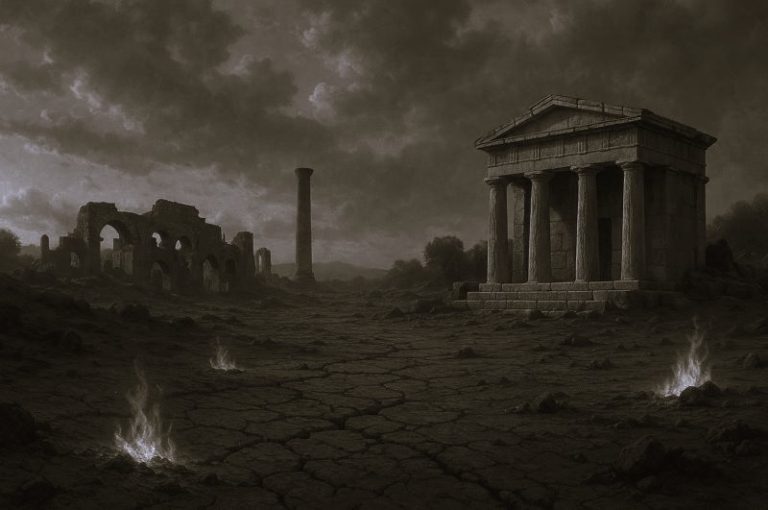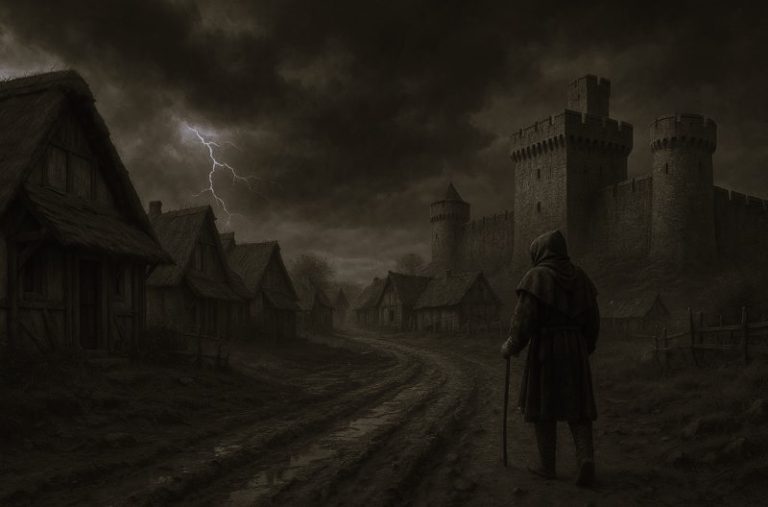
It is estimated that close to 300 billion liters of tea are drunk each year. This makes it the most popular beverage after water! People around the world will start their day off with a cup of tea and continue this habit well into the day.
Considering the devotion to the drink, you would assume that tea has played a rather pivotal role in history. And, you would be right! These delicate leaves have triggered wars, kick started revolutions, and dominated industries. Let’s take a look…
The Opium Wars and the Shaping of Modern China
Tea has its origins in China – it is estimated that it was discovered over 5000 years ago. In a perverse twist of fate, it would appear that it was also tea that would share a role in how modern China was shaped as well.
The Opium Wars took place due to a trade deficiency between the British Empire and China. This was because China had much to offer the British – silks, porcelain, and spices. And, best of all, China had tea.
The obsession with tea had reached an all-time high with the British, requiring them to purchase even more. In the beginning, it was a delicious beverage enjoyed only by the upper echelons of society. However, the trend eventually spread to the lower classes as well, making it a daily vice.
To gain more trade and general power, the British pushed to have opium legalized in China. This led to the Opium Wars. These wars changed the landscape of China on numerous levels. For one thing, it depleted public trust in the monarchy, making way for the Communist Revolution.
For another, the wars destabilized a great and flourishing nation. This meant that China lost much of its power in Asia and spent many years trying to reclaim its throne. Even now, these earlier losses continue to have a significant impact on Chinese beliefs.
The Boston Tea Party and the American Revolution
Although China can be considered the birthplace of tea, the drink is often intrinsically linked to the British. Thus, when the colonists in America first became disgruntled with the British Empire, they took it out on the tea.
They did so by either forgoing the drink or by consuming only smuggled Dutch tea. This ate into the profits of the East India Company, an important part of the British economy.
The British Empire responded by introducing the Tea Act. Although this would result in lower tea prices, it also meant that colonist merchants were cut out of the deal. Instead, the East India Company would sell its wares directly.
The now-famous Boston Tea Party was one of the first major acts of rebellion against the British. The Empire then fanned the flames of mutiny even further when they tried to strike back with the Coercive Act. This gave birth to the American Revolution.
The Drink That Fuelled the Industrial Revolution
Tea also fuelled an entirely different kind of revolution – an industrial one. The Industrial Revolution began to pick up speed in the mid-1700s. Until then, people enduring hard labor had turned to beer or cider to stave off hunger and to provide them with some fortification.
Of course, when working around machines, the workers couldn’t sacrifice their mental alertness. This meant that they turned to tea. The caffeine in tea helped to boost concentration as well as help with energy. In turn, workers could work for longer periods of time. And, with sugar, tea was considered a form of calories as well.
So, there you have it – tea has played a rather impressive role throughout history. It has led to wars and a variety of revolutions. As such, it deserves to have its impact remembered.







